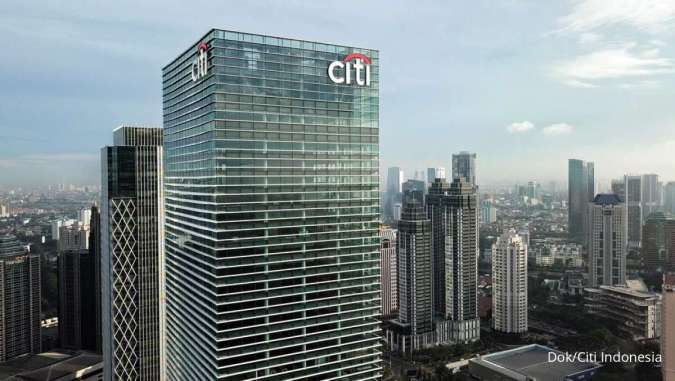CIMB Niaga's Consumer Banking Director, Noviady Wahyudi, said that they are still optimistic that credit can grow in the first quarter of 2024.
"Looking at the potential for a decrease in the BI Rate will be influenced by geopolitics, especially with the rising world oil prices. But CIMB Niaga continues to strive to push credit, targeting segments that continue to grow well, especially consumer banking," he told Kontan on Wednesday (24/4).
Furthermore, the man affectionately known as Dede said that automotive segment credit and Home Ownership Credit (KPR) will be the pillars of credit growth at the beginning of this year.
"The projection can still grow double digits for the KPR and KKB segments, our projection for personal loans is the same, growing double digits, because the need is still high," Dede explained.
On the other hand, even though the BI Rate continues to rise, Dede said that home and car sales have been affected. This is also what made CIMB Niaga raise its SBDK on all credit segments. Although he did say that the increase in the SBDK did not immediately raise the credit interest rate.
"We still hope that the performance of the first quarter will rise from the previous year, even though the interest rate is still high, we also continue to provide convenience to customers through KPR Xtra Benefits," said Dede.
Meanwhile, BCA President Director Jahja Setiaatmadja also mentioned that a decrease in The Fed's interest rate is likely to occur in December, or could even be more extreme and only be lowered next year.
"If you look at the higher for longer, I believe that at least this year, but not in the short term in May-June they will not lower the interest rate. December or next year will also look at the conditions over time whether The Fed is confident about it," he said recently.
Just so you know, if the trend of high interest rates continues to persist or even continues to rise, this will have an impact on bank credit, where banks will be more cautious in disbursing their credit, when customers will also be increasingly burdened with rising credit interest.
As a result, credit growth could decline in performance because people postpone applying for new credit.
/2023/03/27/2034374198p.jpg)














